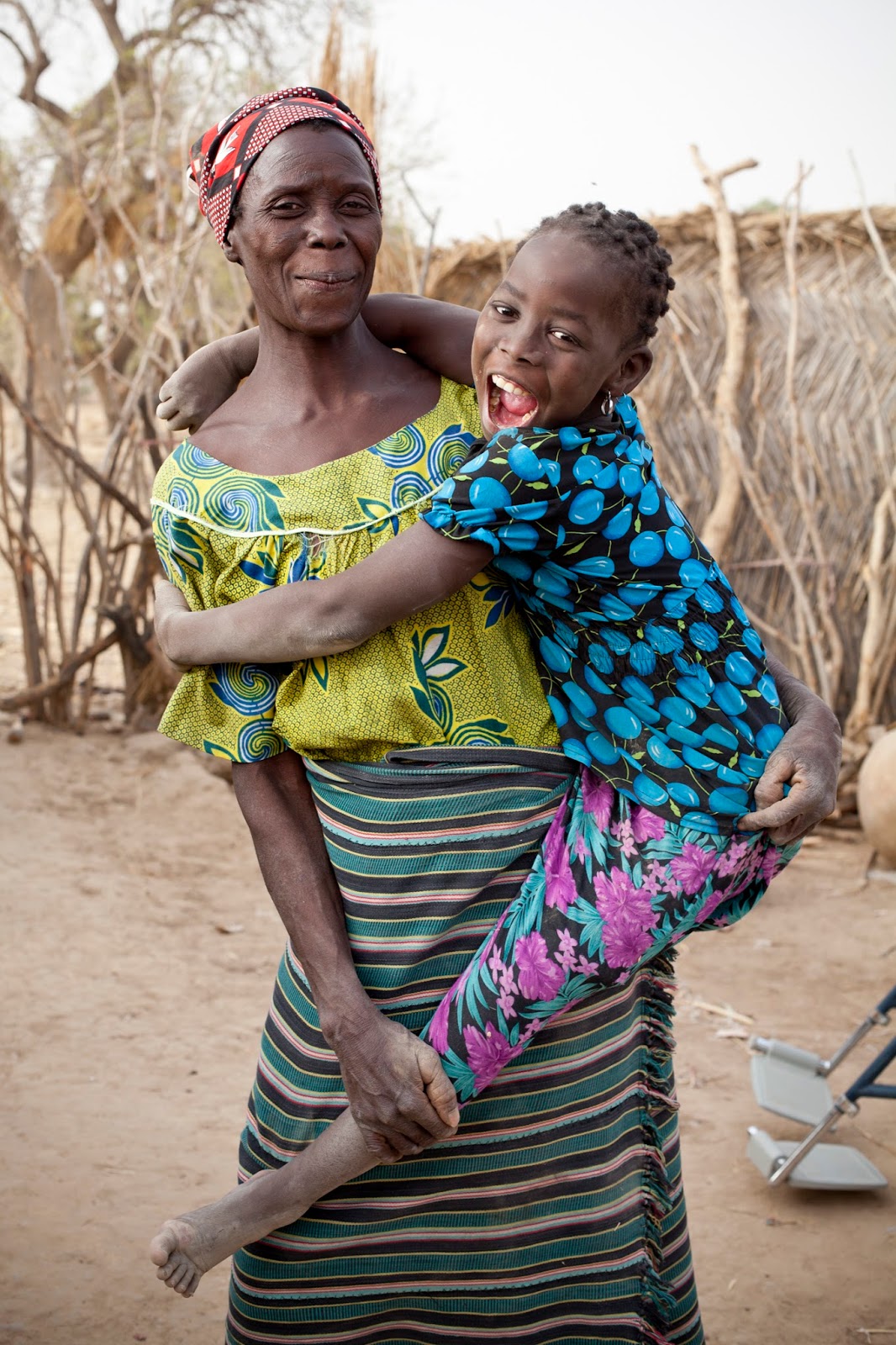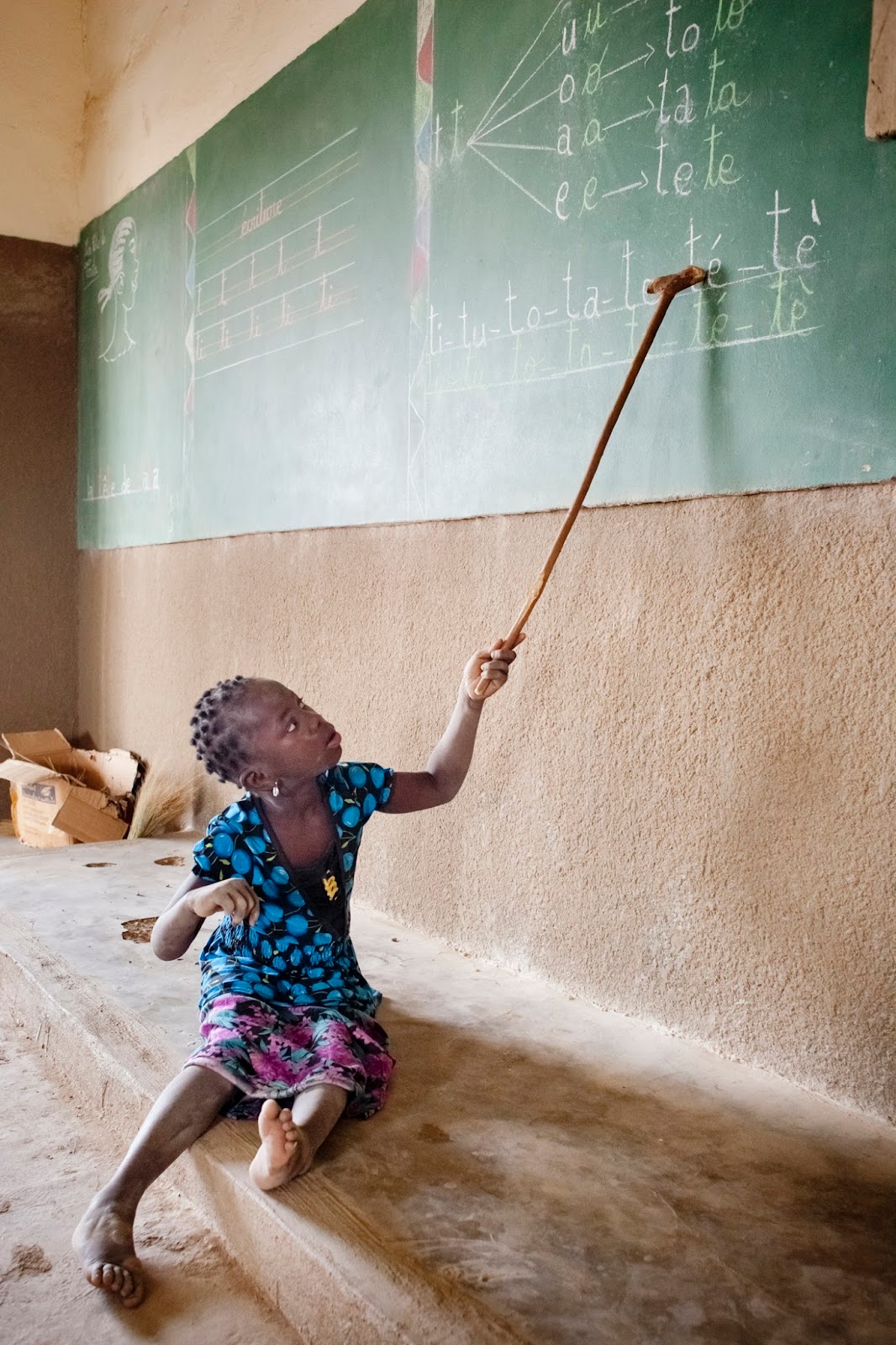Light for the World – combating preventable blindness

By
Denise Nanni and Milena Rampoldi, ProMosaik. In the following our interview
with Franko Petri of the organisation Light for the World working for people with
disabilities in Eastern Africa, in particular in Ethiopia and Kenya, combating
preventable blindness. For ProMosaik, it is very important to show
approaches and projects for disabled people in developing countries to compare
one with another and to learn one from another. A last interview we conducted
was with an organization in Namibia, helping people with Clash Namibia, ClaSH Namibia
– engaged for children with language, speech, and hearing impairments.
How was Light
for the World founded?
Light for the World was founded in 1988 in Austria to help to combat
preventable blindness.
Among the first
projects of the young organisation were eye care units and rehabilitation
programmes in Ethiopia and Kenya.
Since then the
organisation has grown in impact and reach, also tackling the systemic
inequality which people with disabilities face, especially in low-income
countries.
is an inclusive society for all, where no one is left behind and everybody can
participate equally.
In 2015, Light for
the World helped:
7.7 million people receive antibiotics
1.1 million people receive eye health
consultations
50,000 people receive cataract surgeries
26,000 people receive trachoma surgeries
47,000 children with disabilities receive rehabilitation
support
7,800 children with disabilities to receive a
school education
for and with persons with disabilities in underserved regions of the world and
in their communities.

What are
the main challenges that people with disabilities face in developing countries?
developing countries face many challenges–from poverty and a lack of
infrastructure, to barriers to medical support and to an education.
just five years old when she contracted malaria. The infection attacked her
nervous system, leaving her unable to move.
devastated by these developments and did not know what to do; they feared the
worse—that Rihanata would not be able to attend school and that so many hopes
for her childhood and future were lost forever.
unfounded. Shockingly, children with disabilities in Burkina Faso are around
two and a half time less likely to go to school than children without
disabilities.
support of Light for the World and our partners, Rihanata was supported to be
able to learn how to write with her left hand and eventually attend school
alongside her friends from the village. She is now one of the best students in
her class.
Light for the World comes across many cases, like Rihanata’s, which show the great
inequality in the world when it comes to the availability of opportunities and
resources for people with disabilities.
committed to redressing this inequality.
How do
you support people with disabilities?
disabilities in a number of ways.
work with partners to help make more inclusive and prosperous societies by
ensuring children with disabilities can go to school, adults with disabilities
can work, and people with disabilities are empowered in development efforts.
supporting inclusive education projects in which students with and without
disabilities can learn together and from each other.
closely interwoven with community based rehabilitation (CBR) and livelihood
programmes.
for the World also works to prevent blindness and eye diseases in some of the
most underserved communities around the world.
reputation in the field of eye health. We support comprehensive eye health
provision, build eye clinics, support the training of ophthalmologists and
opticians. In addition we are taking part in the worldwide effort to eliminate
blinding trachoma by 2020.
underpinned by the principles of the UNCRPD (UN Convention on the Rights of
Persons with Disabilities) – which we advocate for on an international and a
local level.

photo credit © Ulrich Eigner
How do
you select and identify the communities where you intervene?
We strive to work in those areas where we are
needed most and where we can have the most impact. To make these decisions, we
consult with our local partners, build on our past experience and analyse the
local setting.
attention to women with disabilities, children with disabilities and more
excluded impairment groups within the disability community; as these groups are
often particularly marginalized.
Do you
cooperate with local authorities and institutions? If yes, how?
hand-in-hand with local partners, who best know the local needs and context.
authorities to ensure the change we advocate for is embedded into existing
structures.
awareness of health issues in the areas of eye care, disability inclusion and
inclusive education.
after our sustained awareness raising efforts, working hand-in-hand with our local
partners, the government of Mozambique has decided to include Community Based
Rehabilitation into their social welfare policy and receive advice on its
implementation from disability organizations and NGOs like Light for the World.
expand your activities and increase your impact?
entirely reliant on the generous support of donors, institutions and
foundations to carry out its work.
can make a difference: be it individuals giving just 30 euros to save someone’s
eyesight; partners joining our call for a more inclusive society; or
foundations helping us achieve long-term scalable change in some of the poorest
countries in the world.


